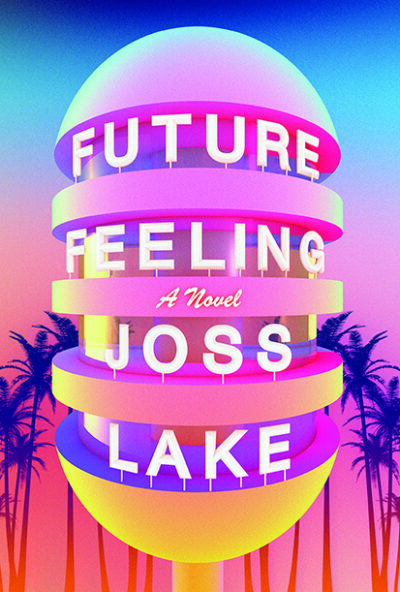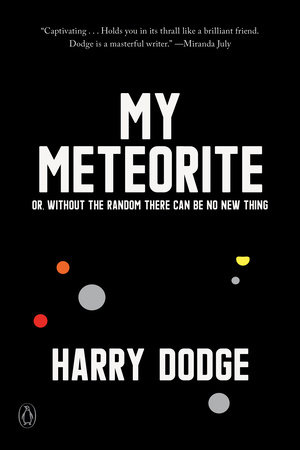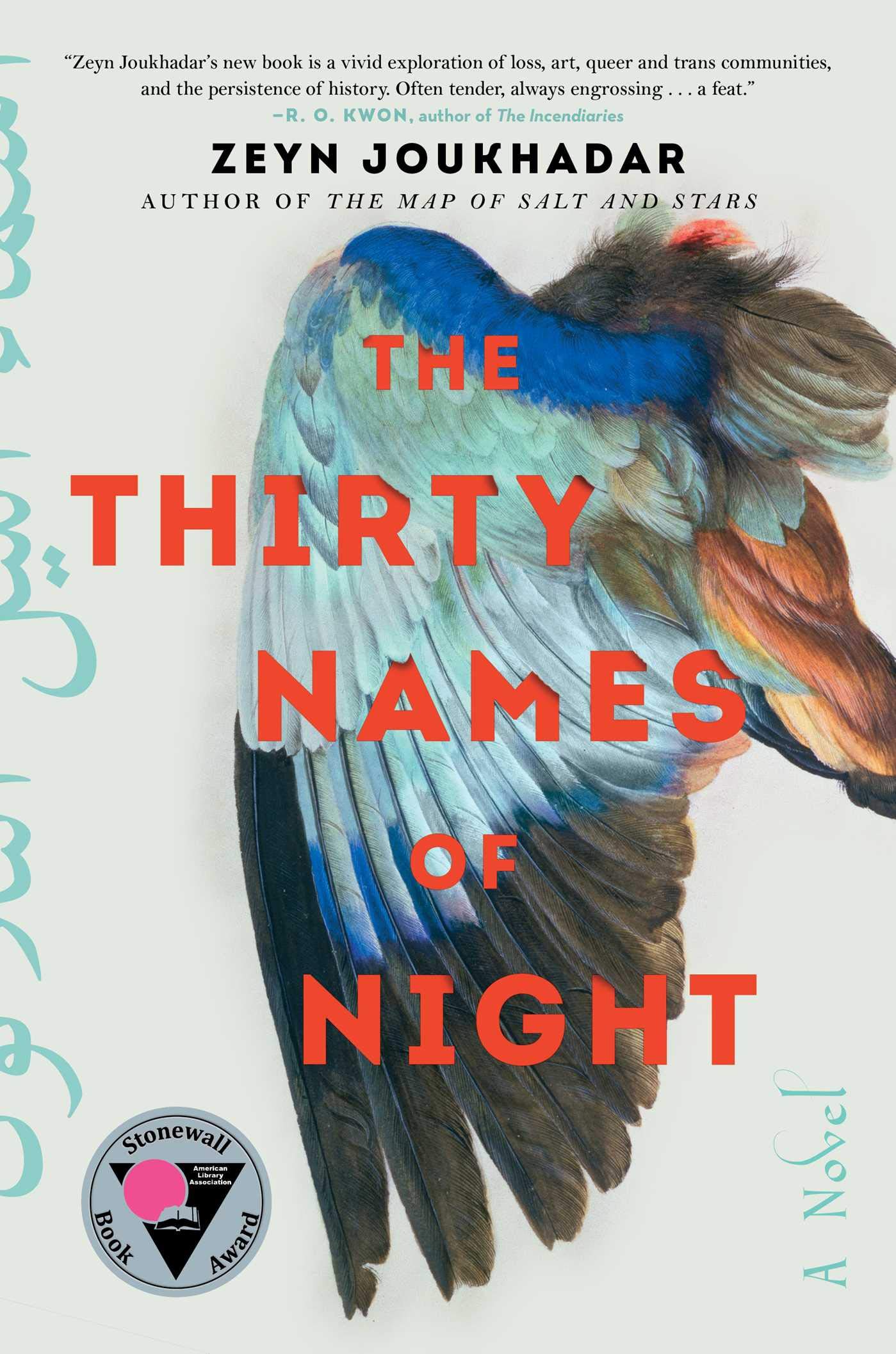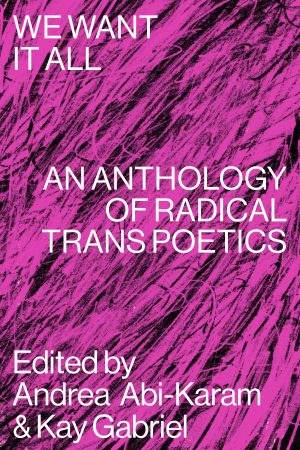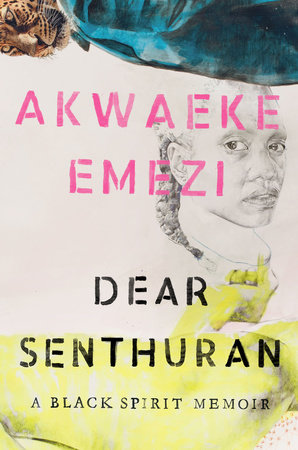If you enjoy reading Electric Literature, join our mailing list! We’ll send you the best of EL each week, and you’ll be the first to know about upcoming submissions periods and virtual events.
In college, I was living in Amsterdam and a friend leant me a copy of Leslie Feinberg’s Stone Butch Blues. As I read it in my bedroom with a black and white psychedelic Ikea comforter, I found myself pouring into Feinberg’s story, longing to try on the contours of Feinberg’s life as a trans activist. At the same time, I felt sunken. I could never be a revolutionary like Feinberg and therefore, I thought, I could never be trans. This is the problem with clutching a single portrayal of trans life. We — writers, trans folks, everyone — model ourselves on each other. We need nourishment: a vast range of narratives, styles, and lives.
Between 2017 and 2018, U.S. publishing, both indie and mainstream, started to open up to contemporary trans writers. Juliana Huxtable’s Mucus in My Pineal Gland, Cameron Awkward-Rich’s Dispatch, Jos Charles’ Feeld, Andrea Lawlor’s Paul Takes the Form of a Mortal Girl, and Jordy Rosenberg’s Confessions of the Fox, all began circulating.
In that newly-oxygenated context, I started writing Future Feeling as a container for the messiness and the exuberance of trans existence as I knew it, weaving in equal parts despair and magic. In the book, Penfield—a fed-up dog-walker—hexes a trans influencer, attempting to send him to The Shadowlands, a dark psychic landscape. The hex goes awry, and Penfield must work together with the influencer to help undo the damage he has caused.
Now that the door has opened, a stream of vital new trans books is coming out, and together, they give trans folks — and others — new ways of imagining ourselves.
We Both Laughed in Pleasure edited by Ellis Martin and Zach Ozma
We Both Laughed in Pleasure, Ellis Martin and Zach Ozma’s compilation of Lou Sullivan’s diaries, is an archival wonder. A very gay, freaky, activist, Sullivan chronicles desire, self-loathing, rock n’roll scenes, AIDS, and mortality. Early on in his San Francisco days, he writes:
“Sat aft went to see David Bowie’s movie. Came outa there envisioning how beautiful he is + how I could look just like him if only I’d …[sic] more thoughts of mastectomy (that word sounds like a species of dinosaur) + sterilization. There’s a TV-TS drop-in rap group in Berkeley…I should go + talk this out, get it settled in my mind once + for all, one way or the other.”
As we read, there is a sense that Sullivan was always writing to future trans generations. Also, carrying a pink book with a butt on it around the subway was a joy unto itself.
Slingshot by Cyrée Jarelle Johnson
“The thing no one ever told Harold about THE DEVIL is that when you see them you get uncontrollably aroused.” With language that is somehow contemporary and archetypal, Cyrée Jarelle Johnson’s poetry collection reveals the monstrous and the liberatory. Endlessly inventive and punctuated with lines that beg to be read aloud, these poems respond to the crushing structures that act on those who are Black, queer, and disabled.
My Meteorite by Harry Dodge
An oozy balm for cosmic loneliness, My Meteorite by Harry Dodge throbs, reverberates, and in many ways, takes on the unquantifiable energy of the intergalactic rock that he buys from eBay. He writes:
“…All things, including bodies, are perpetually changing, being formed and affected by the force of every legible and illegible collision, from intestinal bacteria to inheritable traits to a cold breeze and so it might be correct to say that this thing I call myself is much more fluid and larger than I’ve been schooled to believe.”
Ecstatic and heady, the book is also deeply tethered to the meatiness of relationships, human-human, parent-child, machine-human, human-earth, and otherwise.
Blackspace by Anaïs Duplan
Anaïs Duplan’s collection of essays and poems, Blackspace, tilts towards the conditions and mundanity of freedom, as Duplan seeks out Black and Brown artists “in whose work [he sees] a strangeness, the avant-garde, a refusal, and yet a pop sensibility. Not a total turn away from the public, but a three-quarter turn.”
Duplan excavates the archive, replete with misunderstandings and violences, tracing and reconfiguring meaning in work both at the fringes and at the center (Adam Pendleton’s conceptualization of Rosa Parks as an avant-garde figure, video art archives, “outsider artist” James Hampton’s The Throne of the Third Heaven of the Nations’ Millennium General Assembly). In the final essay, Duplan becomes his own subject as he starts to bring this radically expansive project into relation with his own need for freedom as a Black trans* man, a freedom to stop performing and over-exerting, and be.
The Thirty Names of Night by Zeyn Joukhadar
Lyrical and expansive, Zeyn Joukhadar’s The Thirty Names of Night weaves together two narrative strands: Nadir, a non-binary young Syrian American mourning the death of his mother, and Laila, a queer artist whose diary Nadir possesses. The search for an elusive bird links these two protagonists together. Laila writes in her diary, “The elders in my family have always said the birds went before us, long before the first of our families set off across the sea. Even before we left Syria, they’d spoken of these sixty wings, thirty arrow-shaped figures stark and snowy, an absence of color, shocks of light,” exemplifying Joukhadar’s rich and textured prose and the way it captures deep affect around immigration, selfhood, family, and memory.
We Want it All: An Anthology of Radical Trans Poetics edited by Andrea Abi-Karam and Kay Gabriel
To read this anthology is like walking through a crowded Brooklyn queer party (when that was a thing), turning to watch people move, picking up snips of language, delighted by style, by outrage, by the expression of desires. Edited by Andrea Abi-Karam and Kay Gabriel, this tome brings together the work of essential trans poets as they question, demand, complicate, lyricize, enjoy the mundane, theorize, mythologize. Inviting radical trans poets to inhabit the same space creates a super-charge, a place of swirling, numinous energy, of beingness and belonging within limitless complexities. Even the page numbers are sexy.
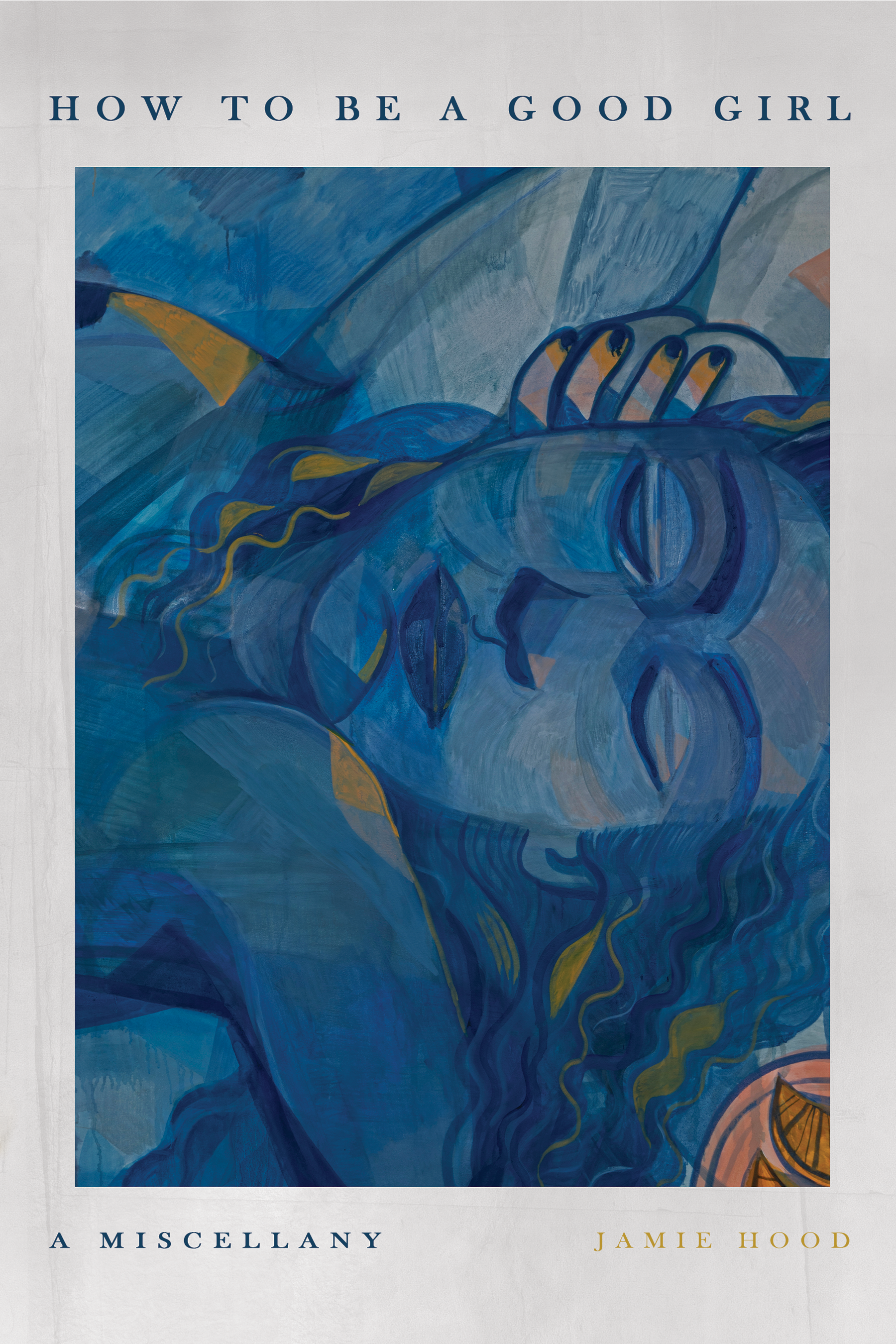
How to be a Good Girl by Jamie Hood
Jamie Hood’s How to Be a Good Girl is a roving vessel of selfhood and of her “writerly preoccupation [with] the architectural & affective bizarrities of desire.” Notably hard to excerpt because of the swerves in tone, these poems assemble a self wrought of trauma and the resonance that resists its collapse. In this book, it’s okay to want to be good and to not be good and to loathe goodness and to want to be good only in sexual play, and every other permutation.
Detransition, Baby by Torrey Peters
Exuberantly messy while also situated perfectly within the genre of domestic fiction, Detransition, Baby follows Ames, Katrina, and Reese as they move through their fraught, entangled, and embodied lives. Peters goes right to the psychic core of her characters and of our confused culture at large. She writes:
“heterosexual cis people, while willfully ignoring it, have staked their whole sexuality on a bet that each other’s genders are real. If only cis heterosexuals would realize that like trans women, the activity in which they are indulging is a big self-pleasuring lie that has little to do with their actual personhood, they’d be free to indulge in a whole new flexible suite of hot ways to lie to each other.”
Dear Senthuran by Akwaeke Emezi
In this series of shimmering letters, to friends, to a former lover, to Toni Morrison, and ultimately, to themself, Akwaeke Emezi opens a portal into the brutality and beauty of their own self-creation and ambivalent embodiment. Moving between cosmological seeking to pointed details about becoming a successful artist, they show us the immense potency of their spiritual existence, admitting:
“I keep halfway secrets, like how failure isn’t one of my fears; I’m only afraid of what I could become if I stopped being tentative, if I rooted myself instead in that dizzying sense of invincibility.”
They trace their pathway to having created a lush, at times haunted, dwelling in their words and in their New Orleans bungalow, Shiny the godhouse.

